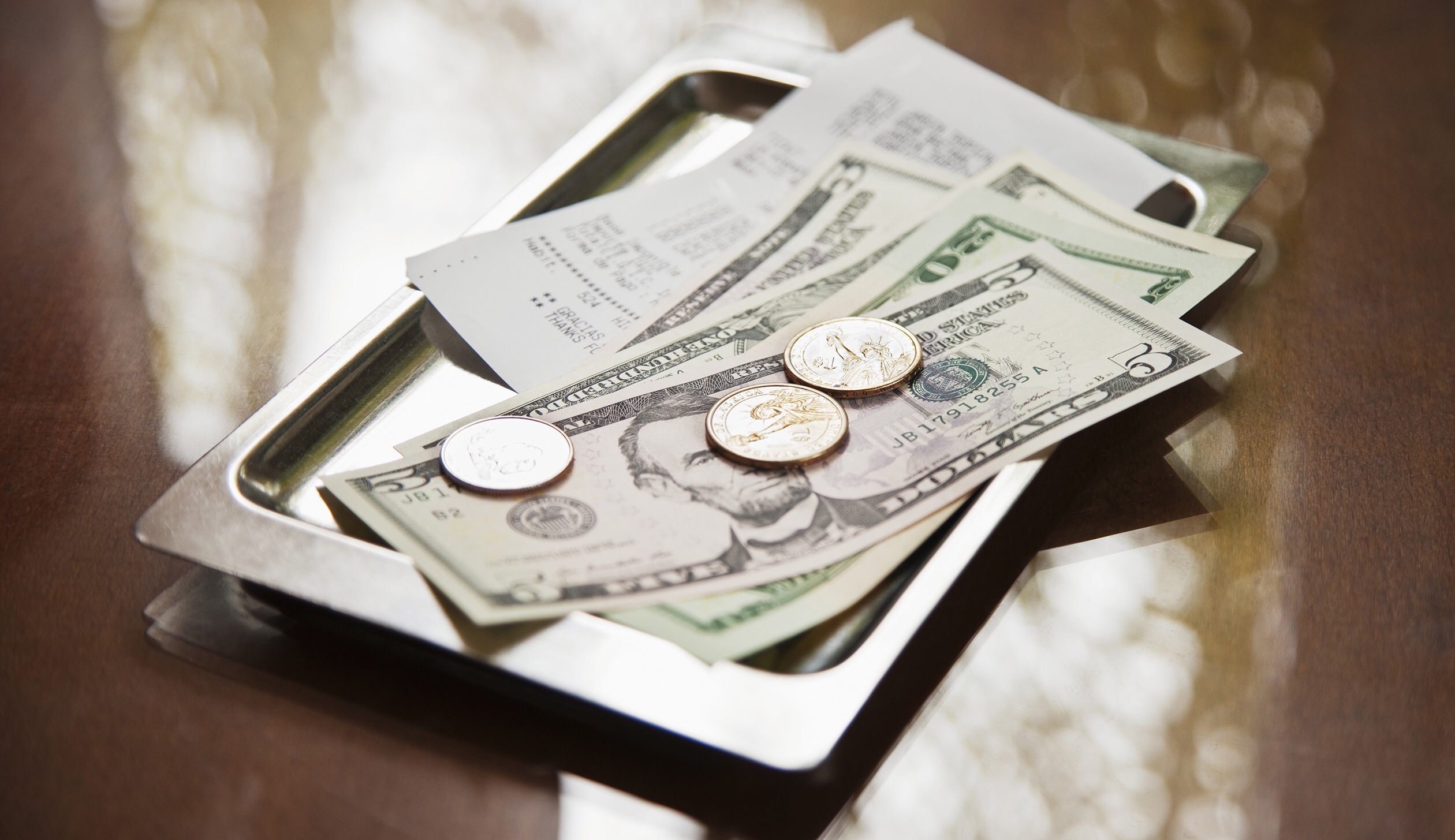The initial moments of your restaurant experience can set the tone for the entire meal and you should be mindful of your role in making those moments successful. There are some common pitfalls you can avoid that might injure your relationship with a restaurant staff. Having your server on your side from the beginning will pay dividends when you need something. Cultivating that relationship is a worthwhile investment and you should start earning capital the moment you sit down. Remember: Your server is an advocate for your needs. Spoiling that relationship at any point is not in your best interest. Here are some common mistakes people make that sour their rapport with servers:
Ignoring the Waiter’s Greeting – When your server says hello, he or she is also gauging the temperature of the table. Are you friendly and enthusiastic? Do you seem to want service to play a smaller or larger role in your dining experience? If you seem unfriendly or disinterested (even if it’s not intentional), you risk the server misreading your distraction as ambivalence. Stop whatever you’re doing (for god’s sake get off your damn cellphone) and take a moment to say hello. It will make a big difference in the server’s attitude toward you going forward.
Rejecting Your Seating Assignment – It’s impossible for every guest to be happy with their table. Some tables are nearer to speakers, some are closer to the air conditioning vents. No table is perfect. Maitre’ds and hosts do their best to seat guests where they are most comfortable, but it can be a very complicated puzzle when parties arrive late or show up in larger or smaller groups. When you walk into a restaurant and immediately start picking furniture, the staff is watching and branding you a difficult guest before you’ve even said a word.
Declaring “We Haven’t Even Looked” at the Menu – You may not like being pestered to order quickly but busy restaurants have time constraints for each booking. Part of a restaurant’s business model is moving tables along as quickly as possible while preserving excellent service. If you put yourself in an adversarial role because you refuse to order in a timely fashion you are unnecessarily casting yourself as an enemy. It’s acceptable to want to slow down, but it’s better to politely ask for more time than to sound like you’re protesting against being rushed.

Soliciting the WiFi Password – Restaurants don’t owe you internet service. If they offer it, it’s usually advertised. But if it’s really so important to be connected, ask the server if the restaurant has WiFi after you’re ordered food and drinks not right away. Waitstaff, understandably, can get frustrated serving smartphone zombies all night. It’s a pain in the ass trying to get people’s attention who are constantly on their phones. If you immediately ask for WiFi when you sit down, you’ve become just another zombie.
Asking Your Waiter’s Name – Guests wrongly think that asking the server his or her name is a way of restoring humanity to the servant/recipient relationship. Tactfully executed, sometimes it can. But when guests ask servers to introduce themselves it can often feel like they need the server to be a puppet. Waiters don’t like when guests invade their personal space and sometimes coming on too strong right off the bat with your need for an introduction is a turn-off. If you need to be on a first name basis, wait until you have a more established relationship with your server before you ask his or her name.
Making Unnecessary Demands About Water – Of course, you are entitled to your water served however you like but being demanding about the first thing you ask for suggests you can be high maintenance. Asking for water with no ice, lemons on the side, hot water with lemon or bottled water at room temperature may be important to you but understand that doing so may alienate your server. Try to keep your water service simple or ask for modifications later after you’ve already ordered your meal.
Requesting Bread Before You’ve Ordered – Restaurants will often withhold bread service until you’ve ordered for the obvious reason that you’ll probably order less if you’re filling up on bread. As input costs rise, many restaurants have done away with bread service altogether or charge for it. If a restaurant sends complementary bread, it’s usually as a courtesy and should be treated as such. If you’re really that hungry, order.



